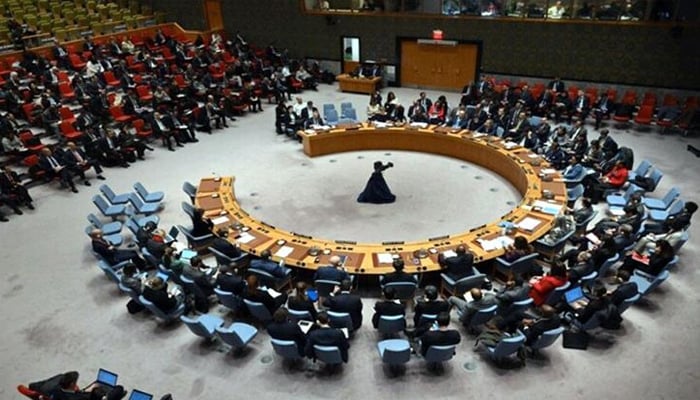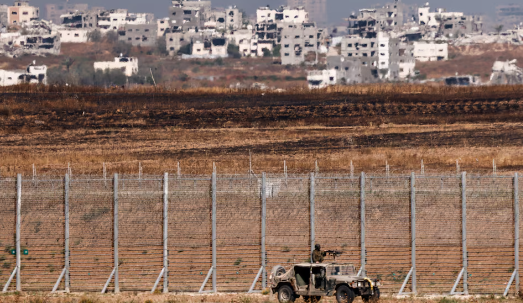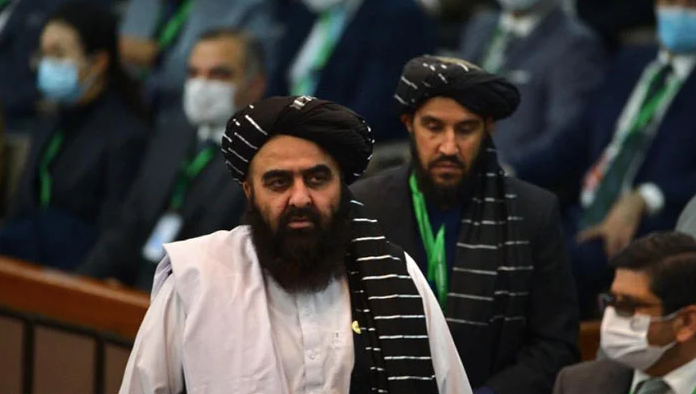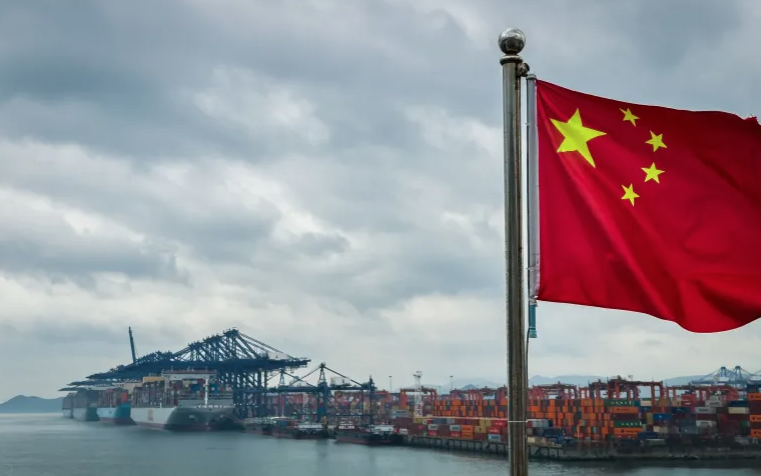WORLD NEWS

The United Nations Security Council (UNSC), in a closed-door session requested by Pakistan, expressed serious concern over the escalating tensions between India and Pakistan, particularly in light of India’s suspension of the Indus Waters Treaty, the Foreign Office said on Tuesday.
According to the spokesperson for Pakistan's Foreign Office, the meeting focused on the deteriorating regional security situation and recent provocations by India. The UNSC emphasized the need to avoid military conflict and called on both nations to resolve their disputes through diplomatic channels.
Kashmir at the Core
Several UNSC members reportedly identified the Kashmir dispute as the core issue behind the instability in South Asia. They underscored that it should be resolved in line with UN resolutions and the aspirations of the Kashmiri people.
During the briefing, the Pakistani delegate warned that India’s unilateral actions of April 23 and ongoing hostilities could lead to serious consequences. The delegate cited intelligence inputs indicating the risk of Indian military adventurism and highlighted alleged state terrorism and targeted killings by India.
Right to Self-Defense
The Foreign Office made it clear that Pakistan is fully prepared to defend its sovereignty, reaffirming that any aggression will be met with appropriate response under the United Nations Charter.
Indus Waters Treaty Suspension Condemned
The UNSC members, the spokesperson said, also expressed reservations over India's suspension of the Indus Waters Treaty, calling it a dangerous escalation. “Blocking or diverting river waters is tantamount to an act of war,” the spokesperson asserted.
Pakistan further rejected Indian accusations related to the Pahalgam attack, labeling them as baseless and politically motivated. “Such allegations are meant to malign the Kashmiri freedom movement and divert global attention,” the FO added.
Call for International Mediation
Pakistan reiterated its support for UN Secretary-General's mediation and urged the international community to act responsibly to prevent further deterioration in the region.




